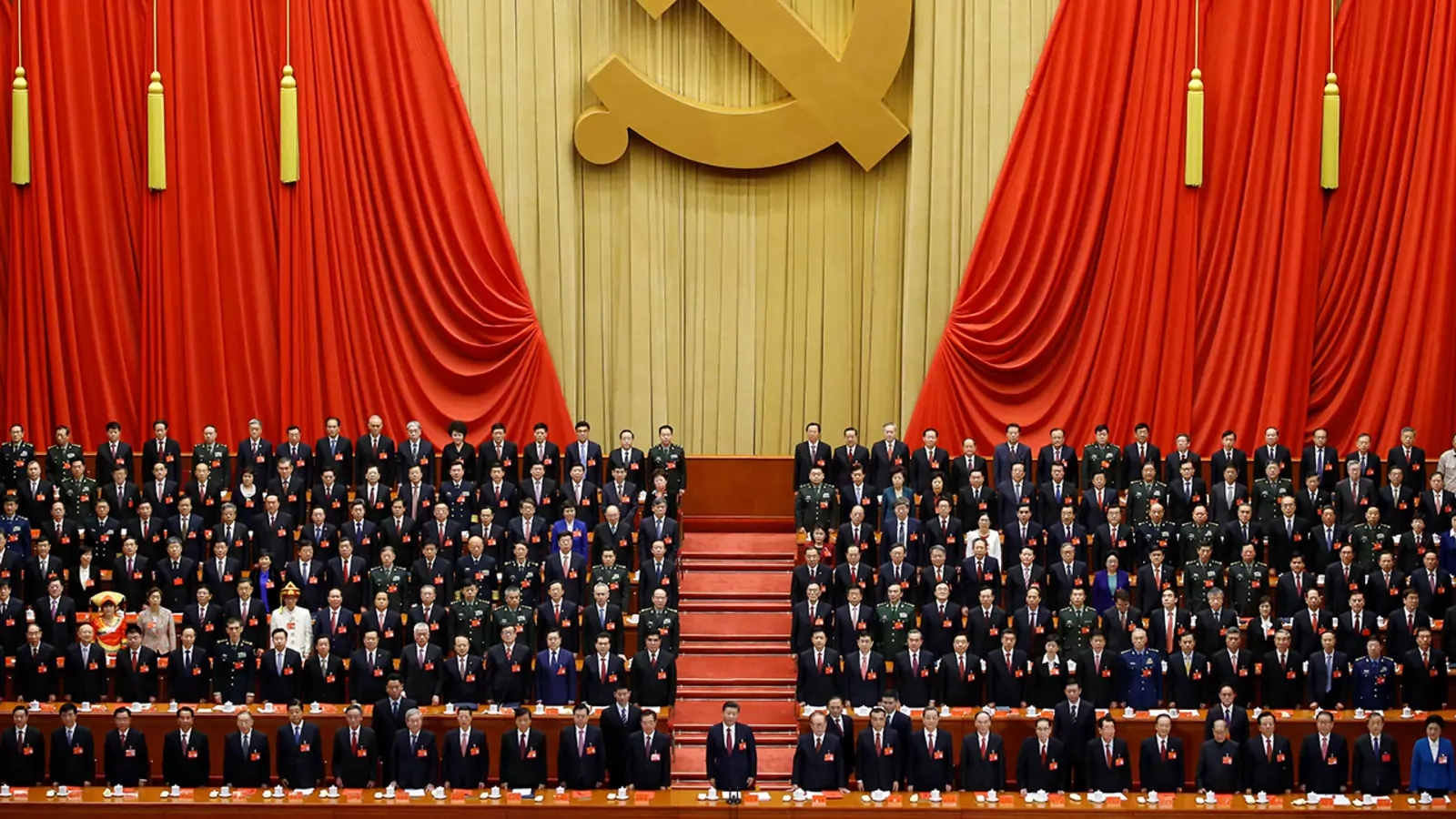
US Politicians Slander the Chinese Communist Party
The U.S. has indeed progressed to recognizing the importance of the CCP, and should reflect critically on its past. This kind of reflection, however, is still surrounded by a heavily subjective and intolerant atmosphere. In the past, this sort of subjectivity has been reflected in America’s definition of China’s path. Deep down, it not only refuses to acknowledge that there are multiple paths to modernization, but also refuses to acknowledge different styles of modernity. While China characterizes the capitalist system seen in the U.S. as “liberal capitalism,” it defines China’s socialist market economy as state capitalism. Taking this as a basis, it not only tries to explain the U.S.-China conflict as a “debate on capitalism,” but even proudly states that capitalism has “ruled the world” and socialism is now nonexistent.
Understanding the socialist market economy system as “state capitalism” shows a lack of understanding of the fundamental principles of the CCP’s market economy. The reason that no one has explored the combination of socialism and a market economy is that it unifies adaptability and transcendence. It is obvious that in the United States’ one-sided understanding of China’s path, it only has a vague understanding of the CCP. By equating the definition of China’s future path with the CCP itself, it becomes apparent that America has increased its desire to understand China. Its understanding of both China and the CCP, however, is still weak, which has led to a mistaken understanding of China and the implementation of policy. The main reason for this is the ideological presuppositions of American politicians which stem from their stubbornness, arrogance, prejudice and narcissism present in Western centrist thought. They say that in the past, they “did not see the true essence of the CCP,”* but as far as their actual perception is concerned, their confusion not only continues, but grows deeper.
The CCP is first and foremost the governing party of China, this is just speaking from the reality of its position in national politics. As it is the governing party, what kind of image do Chinese citizens have of the CCP? The Roy and Lila Ash Center for Democratic Governance and Innovation at Harvard University recently published a report called “Understanding CCP Resilience: Surveying Chinese Public Opinion Through Time” to answer this question. This research was conducted over the span of 13 years, and included eight surveys and the participation of more than 30,000 Chinese citizens. The results of the surveys showed that the CCP’s governance is solid, and its resilience comes from the widespread support of the masses. According to the survey report, the CCP’s approval rating is even higher now than it has been in the past few decades, with the majority thinking that the Chinese government’s effectiveness and ability to govern is better than it has ever been. More than 93% of Chinese citizens are satisfied with the central government, based on the experience of the vast majority of Chinese people. During the COVID-19 pandemic, the masses feel that China is in no way a “country where all aspects of citizens’ lives are controlled,” but instead have a deep sense of security because of the CCP’s leadership in controlling the pandemic. In his book “On China,” former National Security Advisor Henry Kissinger stated as much: “Chinese people are always well-protected by the bravest among them.”*
The one-sided analysis of the governing party evidently has not even scratched the surface of understanding the CCP. When American politicians labeled the CCP as a “Marxist-Leninist organization” and a “Communist ruling party” instead of trying to describe the essence of the CCP, they were simply trying to display hostility toward the CCP. They even attempted to equate communism with fascism, slandered Marxism-Leninism, and projected some of the Soviet Union’s mistakes onto the CCP, trying to smear the party’s reputation. This not only furthered their selective ignorance about the reality of Chinese society, but even vilified and slandered the CCP as a Marxist party.
In reality, the people’s stance is the fundamental stance of the Marxist party. The CCP has always regarded the interests of the people as the center of all work. American politicians stigmatize the CCP because of its political affiliation, describing it with foul language at every turn, but this is just from the cliché garbage dump of Western ideology. In response to the question of whether the CCP is an evil organization, facts are the most powerful defense. When the COVID-19 pandemic was raging, many of the medical staff who were unafraid of the risks and sacrifice, charged forward on the front lines all had a similar title: Chinese Communist Party members. They proved that they were not communists in name only, and ruthlessly shattered all the negative stereotypes.
As a Marxist party, the CCP shoulders the mission of constructing a new type of civilization. Fundamentally speaking, the actions and efforts of the CCP today ultimately point to tghe liberation of mankind. The CCP has maintained concern for the people from the start, always using our revolution as the foundation and key component of the nation’s development. Since the 18th National Congress, the CCP has initiated an unprecedented revolution in response to the weakening of ideals and discipline, including powerful anti-corruption policies and the improvement and implementation of various systems of democratic centralism. All of these actions reflect the strong attention to and reflection about mistakes made by the Communist Party of the Soviet Union.
As for 21st century U.S.-China relations, both the U.S. and China should thoroughly think through and discuss the pressing issues at hand, as that is necessary for dialogue and cooperation. Using the historical experience and lessons of the 20th century as a guide, both parties should be able to grasp the bottom line and avoid the possibility that society will experience its darkest moment.
The author is a researcher at the Chinese Academy of Social Sciences
*Editor’s note: These quotes, accurately translated from the original, could not be verified.

